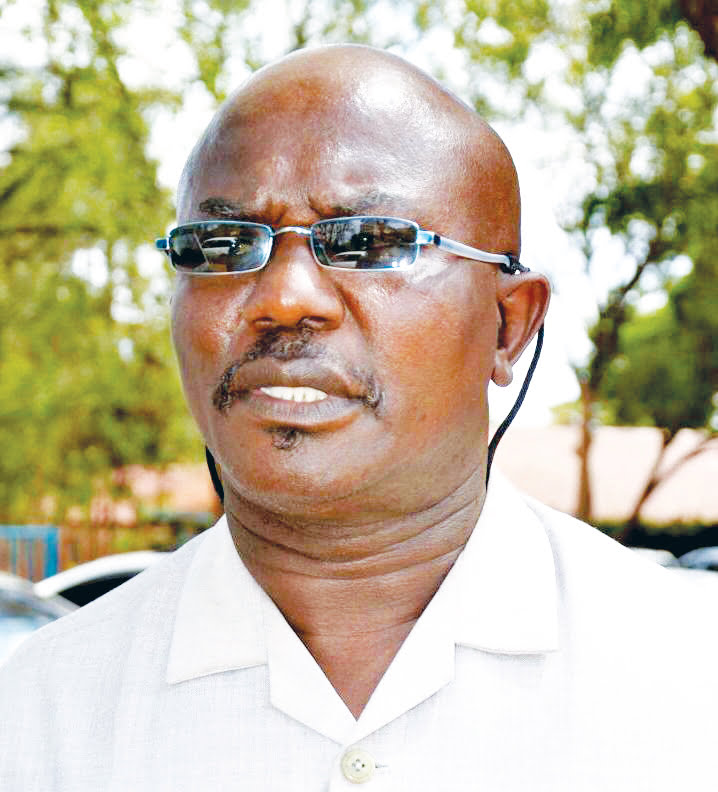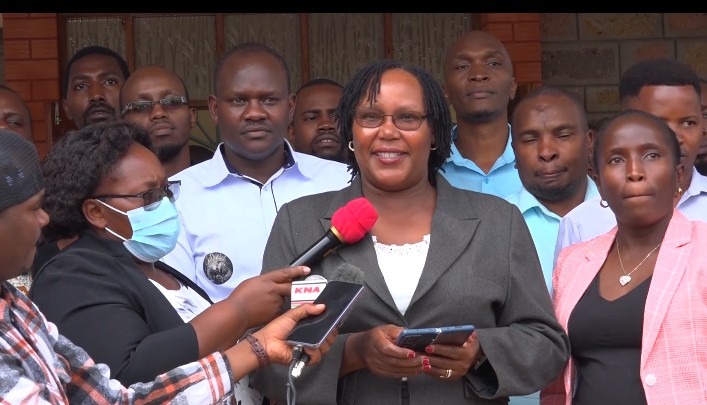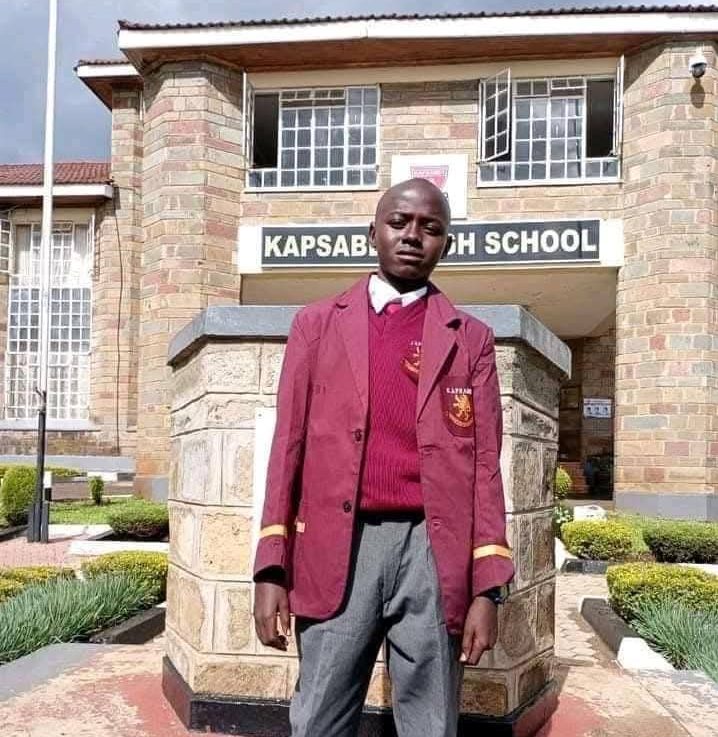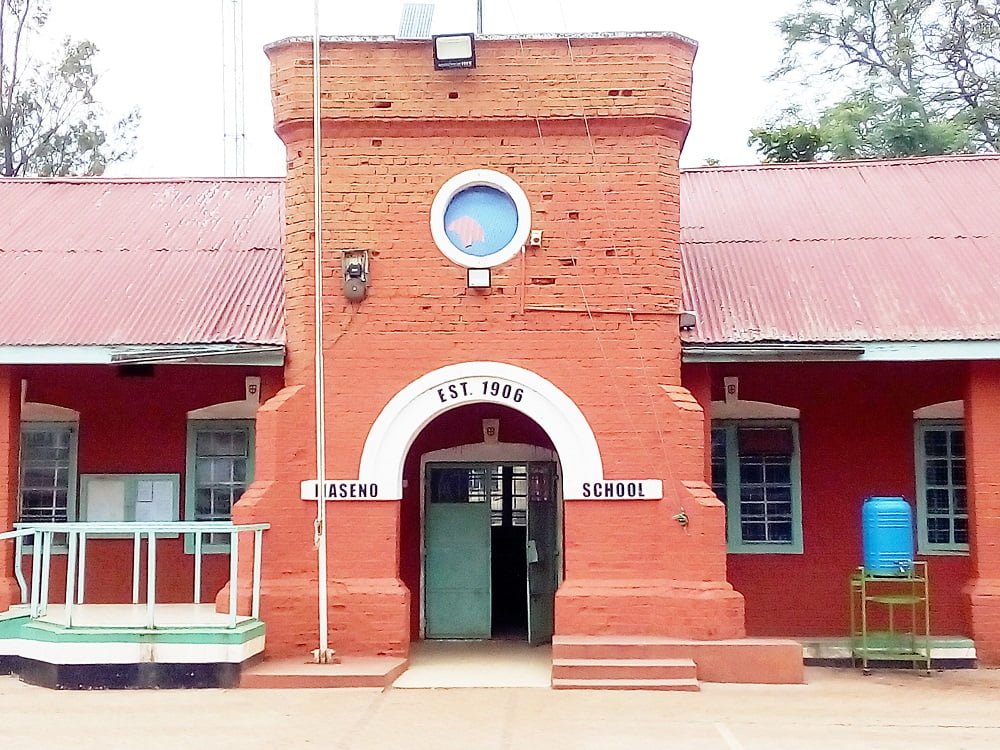They want the government to increase capitation by over tenfold
By Azael Masese
Primary school head teachers have proposed an increase of government capitation under the Free Primary Education, saying the current allocation is insufficient.
Under the Kenya Primary Schools Heads Association (KEPSHA), the heads propose the allocation be increased more than tenfold for the programme to achieve the intended results.
They join their counterparts in secondary school who made a similar proposal in February, saying they are operating on debts.
Early this year, the National Treasury released about Sh6 billion to finance activities in the over 23,000 primary schools.
Free Primary Education came into inception in 2003 but has run into headwinds. While enrollment has been increasing, funding has always remained the same and this is blunted further with teacher shortage, thus compromising the quality of education.
In a report presented before the Departmental Committee on Education and Research on 21st March, 2019, KEPSHA states that actual expenditure for a school with a population of 400 pupils be increased by Sh2,968,650, in addition to the Sh262,000 provided.
On the support staff wages vote head, KEPSHA demands this be increased from the current Sh72,000 to a whopping Sh828,000, translating to a 1,150 per cent rise.
The association argues that each school have at least 2 guards, 1 caretaker, 1 secretary and 1 toilet cleaner each earning an average of Sh15,000 as per the basic minimum wage requirements.
Another demand that might see the budgetary allocation shot up is Repair, Maintenance and Improvement (RMI) vote head, whose current budget stands at Sh40, 000 per annum.
On the vote head, KEPSHA estimates that average expenditure on electricity repair, broken caps and plumbing, unblocking of toilets, replacement of broken panes and repair of furniture consumes Sh200, 000 per term hence Sh600,000 per year.
Presenting the proposal, KEPSHA National chairman Nicholas Gathemia said they need an additional of Sh560,000, almost 14 times of the Sh40,000 allocated per year.
It is also estimated that ICT infrastructure receives about Sh5,600 per annum under the current arrangement, where each pupil receives about Sh14 for the exercise.
However, KEPSHA estimates that this should be increased by Sh102,000, taking the total expenditure to Sh124,500 per annum.
On co-curricular activity, the government disburses Sh74 per pupil bringing the total to Sh29,600 per annum for a school with a population of 400.
However, head teachers demand that this increases to Sh600,000 per year, almost 19 times of the current allocation.
Some of the co-curricular activities pupils participate in include drama, music, athletics, ball games, children government, debates, and public speaking.
“An activity such as drama is costly as costumes and props consume Sh80,000, transport Sh40,000 meals Sh20,000 taking the total to Sh140,000, which is however one level only,” he said.
With a total of 120 pupils, the association is demanding that this is increased from the current Sh29,600 per annum to Sh600,000 thus demanding an additional of Sh560,000.
On electricity, water and conservancy, KEPSHA states that the average cost of electricity is Sh20,000 per month totaling to Sh240,000 per year.
Capitation under the vote head is Sh24,000 per annum and are therefore demanding an additional Sh216,000, a 900 per cent increase.
On Local Travel and Transport, a school with 400 pupils receives Sh16,800 but KEPSHA demands that this is increased to Sh46,500, hence demanding an additional of Sh29,700.
In its breakdown, it notes that the termly curriculum coordination meetings require that a senior teacher is provided Sh1,000 to attend five meetings per term, a subject teacher is given 500 and a head teacher Sh15000 per term on the same number of meetings.
Support staff wages
Current (yearly) Proposed (yearly)
Sh72,000 Sh828,000,
Repair, Maintenance and Improvement (RMI)
Sh40, 000 Sh600,000
ICT infrastructure
Sh5,600 Sh124,500
Co-curricular activities
Sh29,600 Sh600,000






